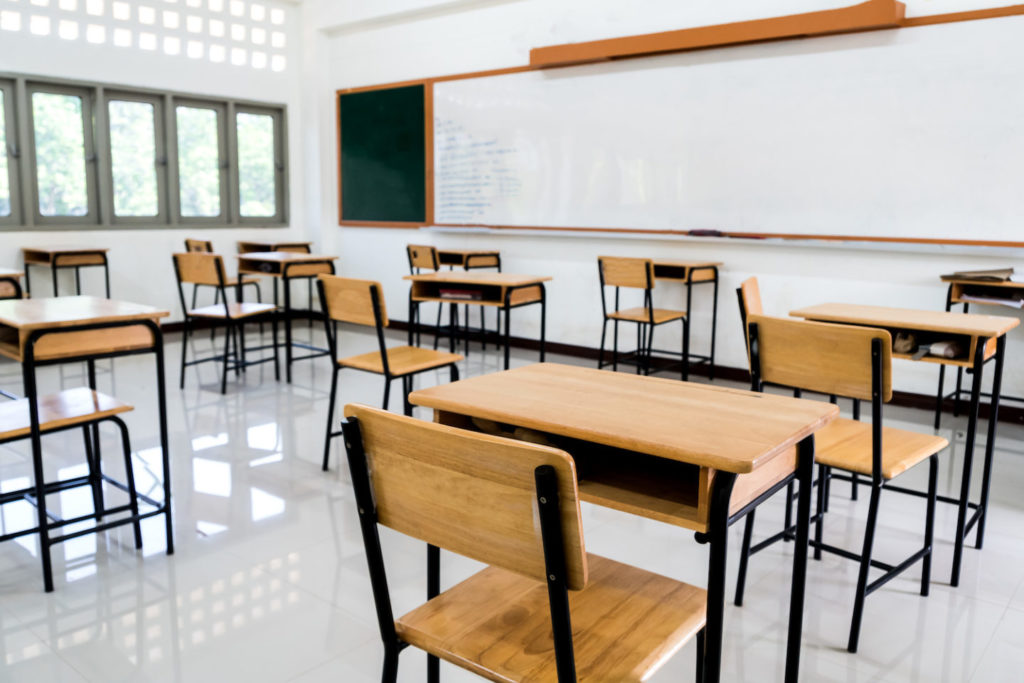Massachusetts education official: No substitute for in-person learning
(The Center Square) – As the widespread impact of pandemic-induced classroom closures has come into sharper focus, Massachusetts educators and lawmakers alike are grappling with how to make up for…

(The Center Square) – As the widespread impact of pandemic-induced classroom closures has come into sharper focus, Massachusetts educators and lawmakers alike are grappling with how to make up for lost time – and address some of the critical underlying issues that still serve as barriers.
The state Legislature’s Joint Committee on Education on Tuesday held a lengthy hearing to discuss the complex issue and how to move forward with a focus on learning loss and mental health impacts.
State Rep. Alice Peisch, D-Wellesley, said the committee’s desire is to have a forward-looking, solutions-based approach to working with educators. Peisch co-chairs the committee with state Sen. Jason Lewis, D-Winchester.
“There’s been a significant impact on our students,” Peisch said. “But the point of this hearing really is to determine where we go from here, rather than how we got here.”
During the committee hearing, several state educators doubled down on a recent insight – that pandemic-era school closures disproportionately affected young children, English language learners, and students with disabilities.
But Massachusetts Secretary of Education James Peyser said the school closures impacted many other groups of students.
“If we didn’t know it before, we know now there is no substitute for in-person learning,” Peyser said.
On the whole, Massachusetts Commissioner of Education Jeffrey Riley said the average student lost what equated to 26 school days of instruction from the spring of 2020 to the spring of 2022 when factoring in the fragmented nature of hybrid and virtual models.
The loss of learning time exacerbated some challenges that already had been in place prior to the pandemic, including achievement gaps between different groups of students.
“Closing achievement gaps continues to remain a top priority,” Riley said.
He said there are efforts underway to make up for learning loss.
Riley cited two specific examples – ramping up early literacy programs at the elementary level and doubling down on remediation programs for high school students in need through frequent assessments, tutoring and other initiatives.
Federal COVID-19 relief funds through the Elementary and Secondary School Emergency Relief, or ESSER, Act have been allocated to states across the country. Massachusetts has about $2.6 billion in funding available through 2024.
Riley said there still are ESSER funds available to districts and called on district superintendents and local school boards to use the money effectively.
While achievement gaps were a focal point of the hearing, so too was the emotional toll isolation took on students. Several educators at the hearing said they are grappling with ways of helping students work through their emotions.
“To put it mildly, our children – and many adults – are dysregulated,” said Tom Scott, executive director of the Massachusetts Association of School Superintendents.
Scott said statistics indicate 37% of students contend with poor mental health and 44% report feelings of persistent sadness. Working through such complex issues, he said, could take years and a concerted effort between mental health professionals and educators alike.
Across Massachusetts, most public school districts have reported an uptick in attendance in the 2022-23 school year, though, in general, it still is not on pace with prepandemic levels.



